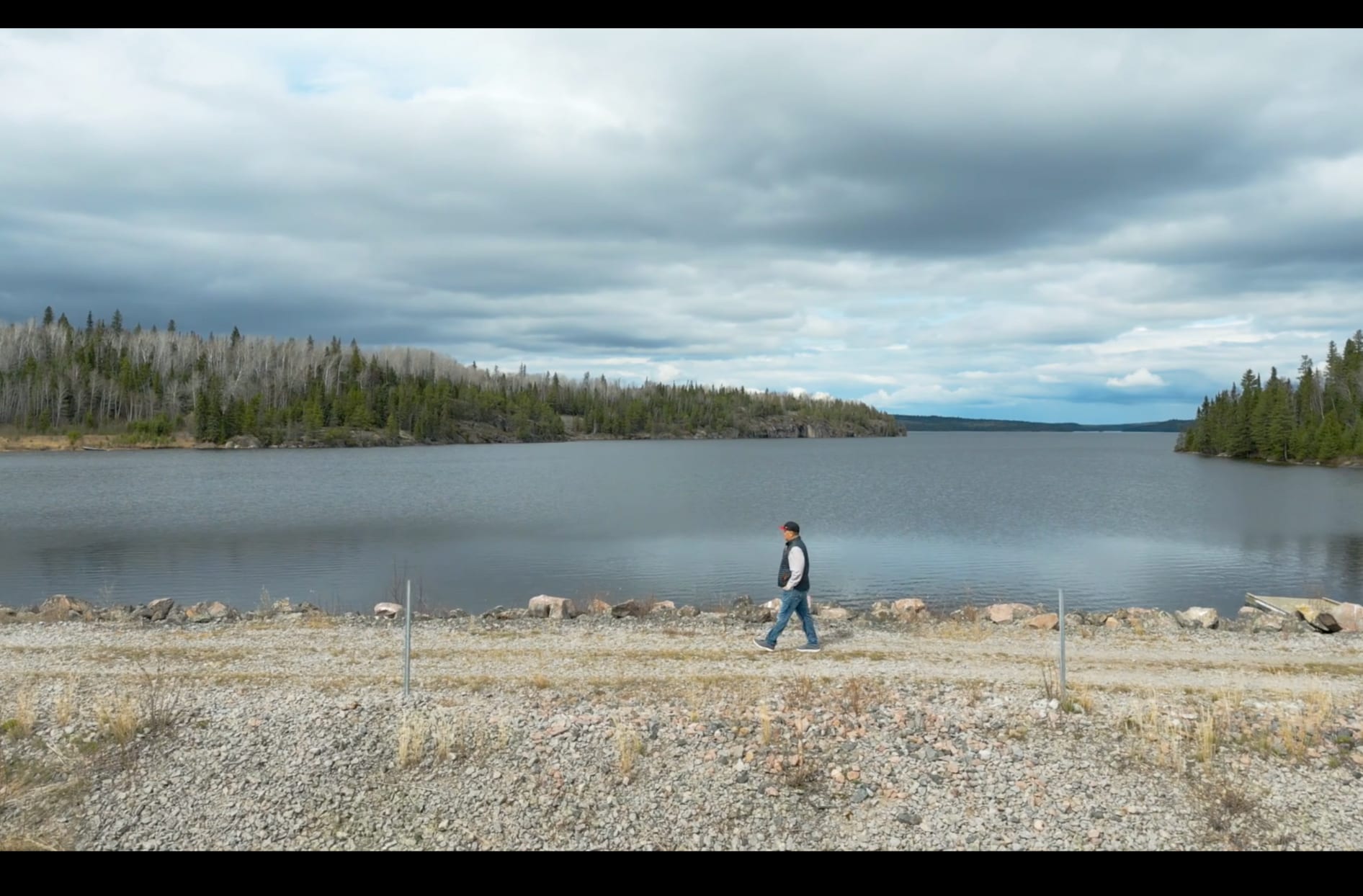A water crisis in northern Ontario
June 21, 2023

Three days before Christmas, the water in the community of Wabaseemoong in northern Ontario became contaminated.
Located 95 kilometres north of Kenora, the community is home to the White Dog First Nation. Late last year, its water supply became contaminated with diesel after a pipe burst in the pumping station, causing the pumps to stop working and the station to flood.
The First Nation’s leadership reached out to the Ontario government to figure out what to do with the compromised water and hired contractors to clean the holding tank.
But in the meantime, with no clean water, the community was evacuated on Dec. 23. Elders and families travelled south to Kenora, Winnipeg, Dryden, and other neighbouring communities. Other residents stayed behind to try to fix the problem, while the Canadian Red Cross got involved.
When news of the water crisis reached the Wholesale Club in Kenora, Store Manager Tricia Cameron began coordinating with the Red Cross to supply bottled water to the people who remained in Wabaseemoong.
After several rounds of cleaning the tank, the water remained contaminated. At the start of the year, the First Nation began building a temporary bypass system to carry water from treatment plant to the water tower, avoiding the pumping station. However, it’s not a long-term solution.
“If this had happened to a community in the GTA, you can guarantee that there would have been a fix in relatively short order,” says Emma Race, Senior Director, Sustainability and Social Impact.“
Emma learned about Wabaseemoong’s water crisis in March of this year, when the community voiced that it was in need of drinking water once again. She helped coordinate a donation of almost $10,000 worth of bottled water.
Emma says she’s very proud of how the Wholesale Club in Kenora responded, taking quick action to help get water to the residents of Wabaseemoong over the holidays.
“I have so much respect for store-operations staff and what they deal with every day,” she says. “In this case, it was the dead of winter at the busiest time of the year for the store. But for them, there was no question that they would help.”
As she reflects on National Indigenous History Month this June, Emma says that connecting intentionally with Indigenous communities is important.
“That means we have to look into our toolbox at Loblaw and identify what we can be doing, whether that’s raising awareness about an issue or doing something more action-oriented, like what the folks at the Wholesale Club Kenora did,” she says.
“Ninety percent of Canadians live within 10 kilometres of one of our stores. That means we can have an impact, and that we’re in communities where the good, the bad, and the ugly is happening and we need to be able to provide support whenever we can.”


